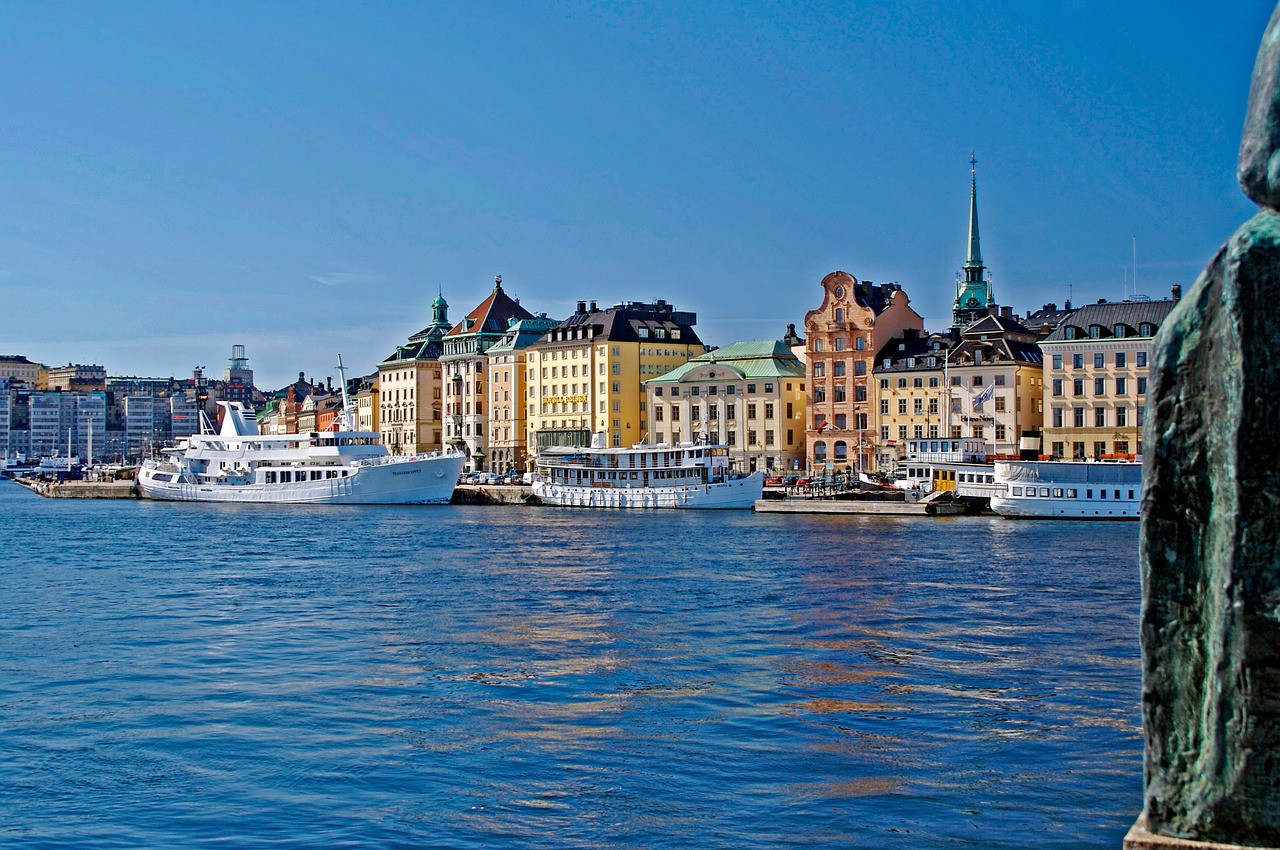Date: 19 September 2024
Venue: ArkDes, Stockholm and live streamed
Participation: free of charge, registration kindly requested
On 19 September 2024 the Stockholm City Archives hosts the conference “City Memories – New usages for historical building drawings” in Stockholm. The international conference, which marks the culmination of an EU-funded project, calls out to cultural heritage professionals, researchers, and architects with a heart for historical buildings focussing their work on sustainability, inclusiveness, and user involvement.
The conference programme offers presentations by colleagues from the different project partners and collaborating institutions, including our TMO Social Media Officer and Budapest Time Machine Manager Ágnes Telek who will showcase the cooperation between Budapest City Archives and the Óbuda University, Ybl Miklós Faculty of Architecture and Civil Engineering in working with 3D models created by university students in the course of the project.
Project Background
In February 2023 the project “City Memories: visualizing change in three European capitals” kicked off as a common initiative by the City Archives of Stockholm (Coordinator), Budapest and Copenhagen, co-funded under the Creative Europe Programme. The project aims to develop new ways of serving demands and usages for architectural building drawings and make them more available, well interpretable and enjoyable for targeted user groups.
City Memories brings archive professionals and experts in urban history, technology and architecture together, in order to explore innovative practices and methods for interpretation and presentation of the drawings. Partner institutions are Stockholm University, the Óbuda University, and Contemporary Architecture Centre in Budapest, the Royal Danish Academy, and the Università Politecnica delle Marche in Ancona, Italy.
Expected outputs are:
- new and innovative practices for cultural heritage professionals and researchers and co-creation processes with users
- enhanced user experiences by improved access and searchability
- programmes, lectures and publications open to all citizens and available both on site and online.
Involvement of TMO member Budapest City Archives
In the project each archive works with different subprojects concerning gender, sustainability, co-creation and digital presentation. The archives work locally with different partner institutions and across Europe bringing together cultural heritage professionals and researchers in dialogue about cross-cutting issues and insights from the project.
Budapest City Archives’ (BCA) collection of Architectural Plans serves a wide range of user groups. Beyond historians and other professional researchers (architects, art historians, etc.), they have recurrent user groups from universities and the field of citizen science. Working with volunteer researchers of Budapest100 and university students at Budapest University of Technology and Economics allows the BCA to see their interest and their methodology on the fly. Also, the Archives have an active communication and cooperation with the Óbuda University, Ybl Miklós Faculty of Architecture and Civil Engineering (OU), who curates courses on digital historical building reconstructions, based on archival drawings.
These types of connections give the BCA a chance to explore further potential for exploitation of architectural drawings and circle back the results into their own archival collection. The main goal of the participation in the City Memories project is to think further and to bring the cooperation to a higher level. Currently BCA provides a massive amount of data and documents to a broad audience. Some of these actions result in databases, publications and various types of metadata or newly created digital content. An excellent example is the 3D models created by university students or the documentations produced by volunteers of Budapest100. These results can be reused or repurposed, that’s why BCA’s task is to build up tracks for ingesting them into the Archival Information System and Digital Repository making them accessible and reusable for other stakeholders. This sort of Data Circulation is a new way of enriching and exploiting archival material specific to the digital age.
3D Models
BCA and OU develop roadmaps and methods of archiving the 3D models created in the training process. This requires the adaptation of standards and specifications of long-term e-archiving to 3D models created in higher education by ArchiCad software, specifying archival packages and the processes of transfer for archives and ingest into OAIS compatible AIS. The project will also explore the possible ways to connect this sort of content to Budapest Time Machine and integrate them to historical GIS systems. The outcomes and experiences of these explorations will be published in a best practice guide.
